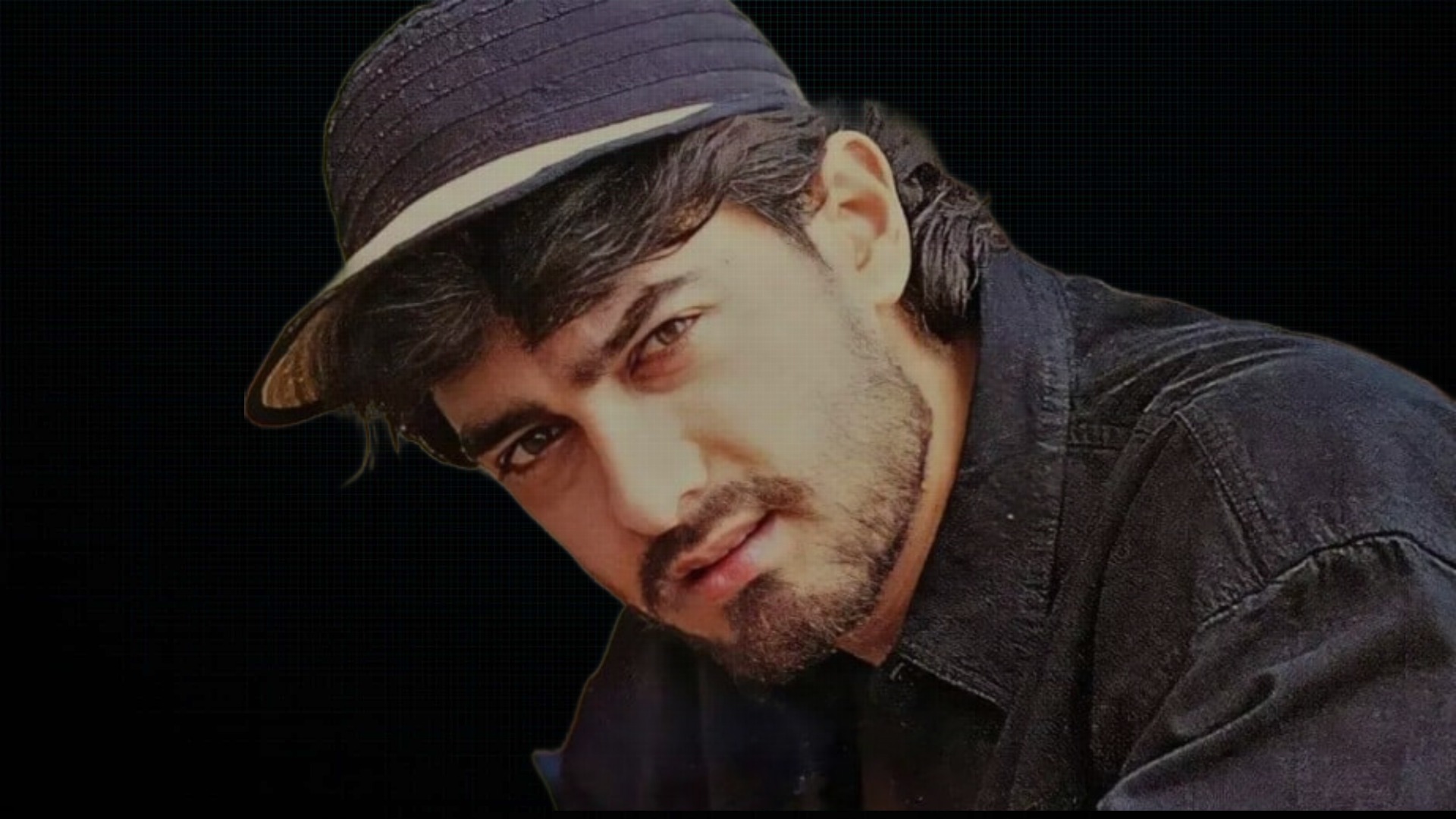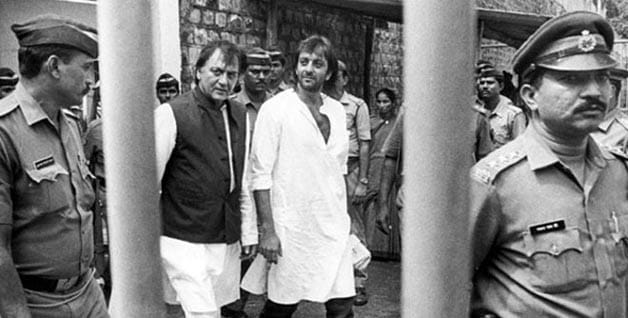Aamir Khan, often referred to as “Mr. Perfectionist” of Bollywood, is one of the most influential and iconic figures in the history of Indian cinema. Known for his unparalleled dedication, a sharp eye for detail, and a unique approach to storytelling, Khan has carved out a space in Bollywood that remains unmatched. Over the past three decades, his contributions as an actor, director, producer, and social activist have left an indelible mark on the industry, forever altering the trajectory of Hindi cinema.
This report delves into Aamir Khan’s career, his philosophy towards acting, his contributions to the film industry, his impact on societal issues, and his transformation from a Bollywood superstar into a global cultural figure. Through his films, social work, and advocacy, Aamir Khan has become a symbol of excellence, progressive thought, and meaningful entertainment.
Early Life and Background
Born on March 14, 1965, in Mumbai, India, Aamir Hussain Khan was born into a family deeply rooted in the film industry. His father, Tahir Hussain, was a film producer, and his uncle, Nasir Hussain, was a well-known filmmaker. Despite this lineage, Khan’s early life wasn’t always marked by ease. His parents faced financial difficulties due to the failure of his father’s film projects, and this affected Khan’s upbringing. Nonetheless, his exposure to the cinematic world from an early age laid the groundwork for his future career.
Khan made his debut in front of the camera as a child artist in the film Yaadon Ki Baaraat (1973), directed by his uncle Nasir Hussain. His official debut as a lead actor came in the movie Holi (1984), but it wasn’t until the romantic drama Qayamat Se Qayamat Tak (1988) that he gained nationwide recognition.
The Rise to Stardom: Aamir’s Transformation as a Leading Actor
Aamir Khan’s early films such as Qayamat Se Qayamat Tak (1988) and Dil (1990) established him as one of the leading actors of the time. Unlike many contemporaries, Khan sought roles that pushed the boundaries of commercial cinema, preferring scripts with substance over typical Bollywood formulaic films. His performances in movies like Jo Jeeta Wohi Sikandar (1992) and Hum Hain Rahi Pyar Ke (1993) earned him recognition for both his versatility and charisma.
The Birth of the Perfectionist: Aamir Khan’s Unique Approach
What sets Aamir Khan apart from many of his peers is his methodical and meticulous approach to acting and filmmaking. His dedication to each role goes beyond just memorizing lines or wearing costumes; he immerses himself in every character to deliver performances that resonate deeply with audiences.
1. Method Acting and Physical Transformations
One of the most significant aspects of Khan’s approach is his method acting and the physical transformations he undergoes for his roles. For Lagaan (2001), he trained extensively in cricket and lived like a rural farmer to portray his character, Bhuvan. For Ghajini (2008), Khan underwent rigorous training to develop a muscular physique, embodying a man driven by vengeance. His most dramatic transformation, however, came in Dangal (2016), where he not only gained significant weight to portray the older Mahavir Singh Phogat but later lost the weight to depict Phogat in his younger days.
2. Perfection in Production
Khan’s perfectionism extends beyond acting and into production. After establishing his production company, Aamir Khan Productions, in 1999, he began producing films that were not only commercial successes but also critical milestones. The first film under his production house, Lagaan (2001), remains one of Bollywood’s greatest cinematic achievements, even earning a nomination for the Academy Award for Best Foreign Language Film.
Aamir Khan’s Directorial Debut and Social Messaging in Cinema
While Aamir Khan had long been known as an actor and producer, he ventured into direction with the emotional and socially relevant film Taare Zameen Par (2007). The movie deals with dyslexia and the pressures of the Indian educational system, following the story of a child struggling to find his place in a rigid academic environment. Khan’s sensitive portrayal of the issue helped create awareness and initiated a larger dialogue about inclusive education.
Choosing Scripts with a Purpose
In the 2000s, Khan became selective about his films, only appearing in one or two movies every few years. His careful choice of scripts has resulted in a series of socially conscious films. Rang De Basanti (2006) explored themes of nationalism and political activism, while PK (2014) examined religious dogma and hypocrisy.
With films like 3 Idiots (2009), which criticized the traditional education system, Khan has brought to light relevant social issues, earning both box office success and critical acclaim. This strategy of combining entertainment with education has cemented his reputation as not only a star but a cultural force.
Contributions Beyond Cinema: Social Work and Advocacy
Aamir Khan’s efforts aren’t limited to the screen. His television show, Satyamev Jayate (2012-2014), addressed critical social issues such as corruption, female infanticide, child sexual abuse, and water scarcity. The show was a watershed moment in Indian television, bringing these topics into the public consciousness and even influencing government policy.
Philanthropy and Advocacy
Khan has also been involved in various philanthropic activities, including water conservation projects and advocating for rural development. His involvement in the Paani Foundation, which works to resolve water scarcity in drought-prone areas of Maharashtra, is one of his most impactful initiatives. This commitment to social causes has positioned Khan as not just an entertainer, but a humanitarian.
Impact on Bollywood and Global Cinema
Aamir Khan’s influence on Bollywood is unparalleled. He has been instrumental in elevating the quality of Indian cinema by consistently pushing for innovative storytelling, technical excellence, and meaningful content.
Changing the Narrative of Bollywood
Khan is credited with revolutionizing the way Bollywood films are made, particularly in terms of quality control. His hands-on approach to filmmaking has led to higher standards of production, storytelling, and acting in an industry that was previously dominated by formulaic masala films. With a focus on fewer films with higher impact, Khan’s work has brought credibility to Bollywood on the global stage.
International Influence
Khan’s films have garnered significant international attention, particularly in China, where movies like Dangal and PK became massive hits. Dangal grossed over $300 million globally, of which a significant portion came from China, making Aamir Khan a household name in that country. This crossover success has elevated Indian cinema’s status in global markets, showcasing its potential to reach and impact diverse audiences.
Challenges, Controversies, and Criticism
Despite his immense success, Aamir Khan has not been free from controversy. His outspoken nature, particularly his comments on social and political issues, has occasionally attracted criticism. In 2015, Khan was embroiled in controversy after expressing concerns about rising intolerance in India, leading to public backlash.
His perfectionism, too, has sometimes been a double-edged sword. Several co-stars and directors have spoken about the intense pressure of working with Khan due to his high expectations and unyielding attention to detail. However, this very trait is what has also made him a success.
As Aamir Khan continues his journey in Indian cinema, his legacy as “The Perfectionist” will endure. His meticulous attention to detail, passion for social justice, and commitment to pushing the boundaries of storytelling have set him apart as an artist and a global cultural figure.
With his upcoming projects, Khan is expected to continue producing socially relevant and innovative films that will not only entertain but also inspire change. As Bollywood evolves, Aamir Khan’s contributions will remain a guiding force, shaping the future of Indian and global cinema.
Aamir Khan’s career, spanning over three decades, is a testament to his dedication, innovation, and passion for both cinema and society. From his humble beginnings to becoming one of the most influential figures in global cinema, Khan’s journey exemplifies how art and entertainment can be used as tools for social change. His films, television work, and advocacy for social causes have made him a transformative figure, both within and beyond Bollywood. Through his work, Khan has transcended the boundaries of traditional stardom, cementing his place as not just an actor, but a visionary leader in the world of cinema.

 Reporter Name
Reporter Name 

























